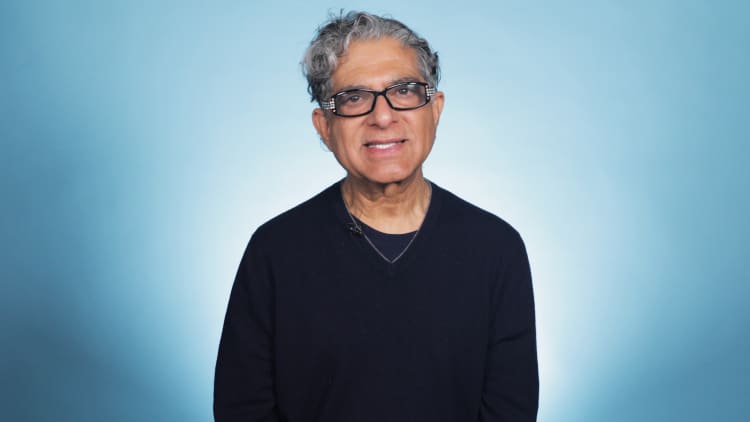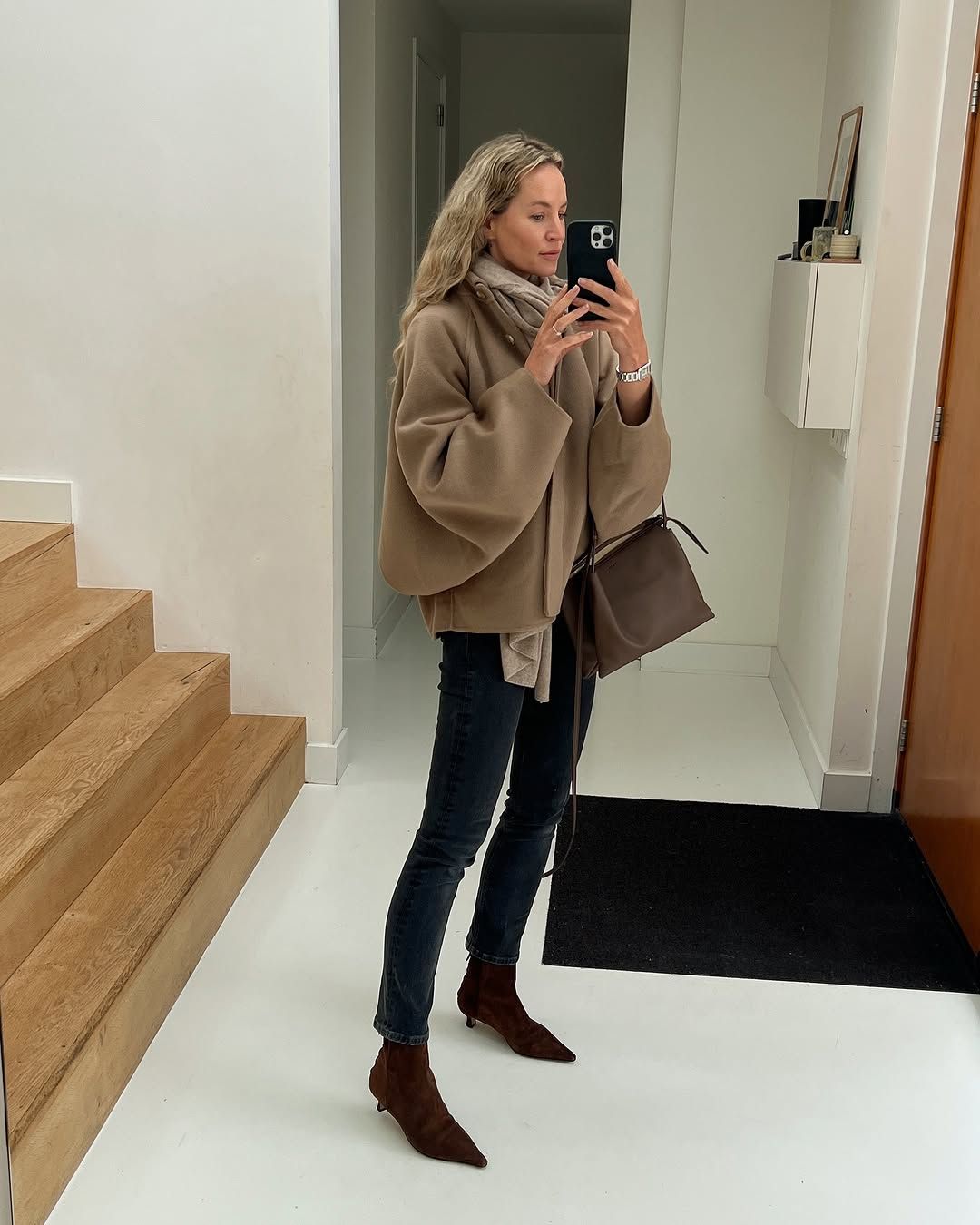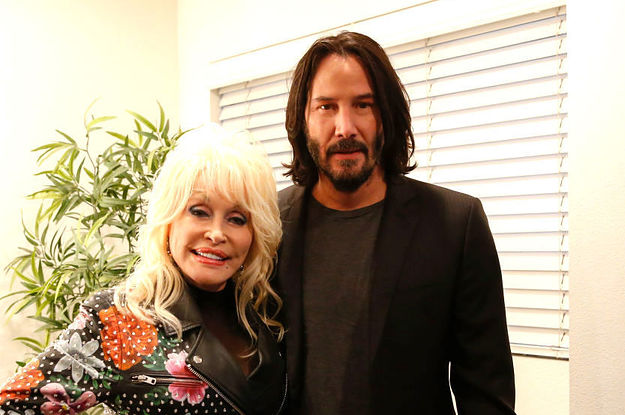There are many benefits of regular meditation from less stress to lower anxiety to better sleep. But how to meditate and for how long isn’t always clear.
May 21 is World Meditation Day, and we asked Vishen Lakhiani, CEO of Mindvalley and a meditation expert with 20 years of experience, about how long people should meditate to get the most benefit from the practice.
“People think that the length of your meditation is what determines the quality of your meditation. [That’s] not true,” Lakhiani tells CNBC Make It.
The biggest benefits are going to happen in the first few minutes [of meditation].
Vishen Lakhiani
Meditation Expert and CEO of Mindvalley
A longer meditation doesn’t always mean greater benefits, and meditating for too long can sometimes decrease the quality of your meditation.
Often, people assume an hour is what they should aim for, for better quality meditations. But Lakhiani completely disagrees.
‘Take a one- to three-minute dip into peacefulness’
Contrary to what we often hear, “I tell my students, do not meditate for an hour a day,” says Lakhiani. “Life is bigger than that.”
Instead, he recommends meditating for no more than 20 minutes, and sometimes less than five. “For most people, 15 to 20 minutes will give you just the changes that you need,” Lakhiani says.
“You can take a one- to three-minute dip into peacefulness, and you can see remarkable results. The biggest benefits are going to happen in the first few minutes.”
“Don’t think that you need an hour in meditation,” he warns. He suggests using the extra 40 minutes that you would have been meditating to do these activities:
- Read a book
- Do a high-intensity exercise
- Spend time with loved ones
Practice ‘active meditation’
Most people are too busy to devote an hour to meditation, so Lakhiani encourages his students to practice active meditation throughout the day.
“Active meditation is about turning problems into projects,” he says. “If you’re feeling a bit of anxiety or worry about a deliverable you need to do by the end of the week, and you are stuck, you might visualize yourself finishing the project, see yourself getting praise from the boss [and] see yourself so proud of your work.”
This tactic is a form of active meditation that’s also known as creative visualization, and it’s something you can practice multiple times a day for less than five minutes.
Other forms of active meditation can include practicing compassion towards others and thinking about the things you are grateful for.
Shorter meditations allow you to meditate several times in the same day, says Lakhiani. Meditate for “no more than 20 minutes, and you can stack these modalities.”
DON’T MISS: Want to be smarter and more successful with your money, work & life? Sign up for our new newsletter!
Get CNBC’s free report, 11 Ways to Tell if We’re in a Recession, where Kelly Evans reviews the top indicators that a recession is coming or has already begun.



























































![Mason Ramsey – Twang [Official Music Video] Mason Ramsey – Twang [Official Music Video]](https://i.ytimg.com/vi/xwe8F_AhLY0/maxresdefault.jpg)





















